Taking “this herb for that” doesn’t work.
Taking “this herb for that” doesn’t work.
And sadly, this is why many people feel that herbs don’t work at all. Could you throw a bunch of herbs that are “good for” headaches together in a tea and have it help your headache? Absolutely- but also maybe not. When we approach herbs as complex beings to form relationships with, the rewards from working with them are so much greater.
Why?
You are complex.
Your physiology differs greatly from your neighbor’s and depending on the plant, you may have very different experiences when working with the same herb (not to mention allergies and sensitivities). Ancient healing systems from around the world agree that within us exist an imbalance of specific energies to varying degrees- finding the equilibrium is our wellness journey. Herbs can absolutely help us along the way- once we get to know them and know if they are compatible with the energies within us.
Plants are complex.
While certain herbs have histories of responding to certain conditions in the body, this is one piece of their story. Just like us, herbs have energetics. An easy example of this- drinking a hot cup of cayenne pepper tea is very different than drinking a cup of peppermint iced tea. Also, while some plants are “good for” the liver, they’re also acting on other organs, as well. Yes, herbalism is the peoples' medicine- but we have lost the generational passing-down of folk wisdom and most people don't have a relationship with the plants they are wanting to work with in the supplement aisle.
What works?
Finding the root cause.
Band-aiding symptoms only works for so long. Sometimes we’re born with an imbalance that causes us discomfort, and sometimes we inadvertently do things to throw that balance off throughout our lives. When we look at the entire picture, it’s much easier to see the patterns that led us to where we are.
Aiming for balance.
The goal of holistic wellness is finding that equilibrium- looking at what we’re doing and seeing what we can do differently, finding where we’ve been weakened and adding some support. It’s great to drink a cup of “headache tea” but what if you found out your frequent migraines were due to a systemic imbalance and followed that thread instead?
Working with an herbalist.
Herbalists are plant people- we love them and have devoted our lives to studying them. We have relationships with the plants and can make informed introductions. Clinical herbalists have also studied the body and the way it reacts to different plants. If you’re serious about working with herbs, seek guidance when appropriate.


